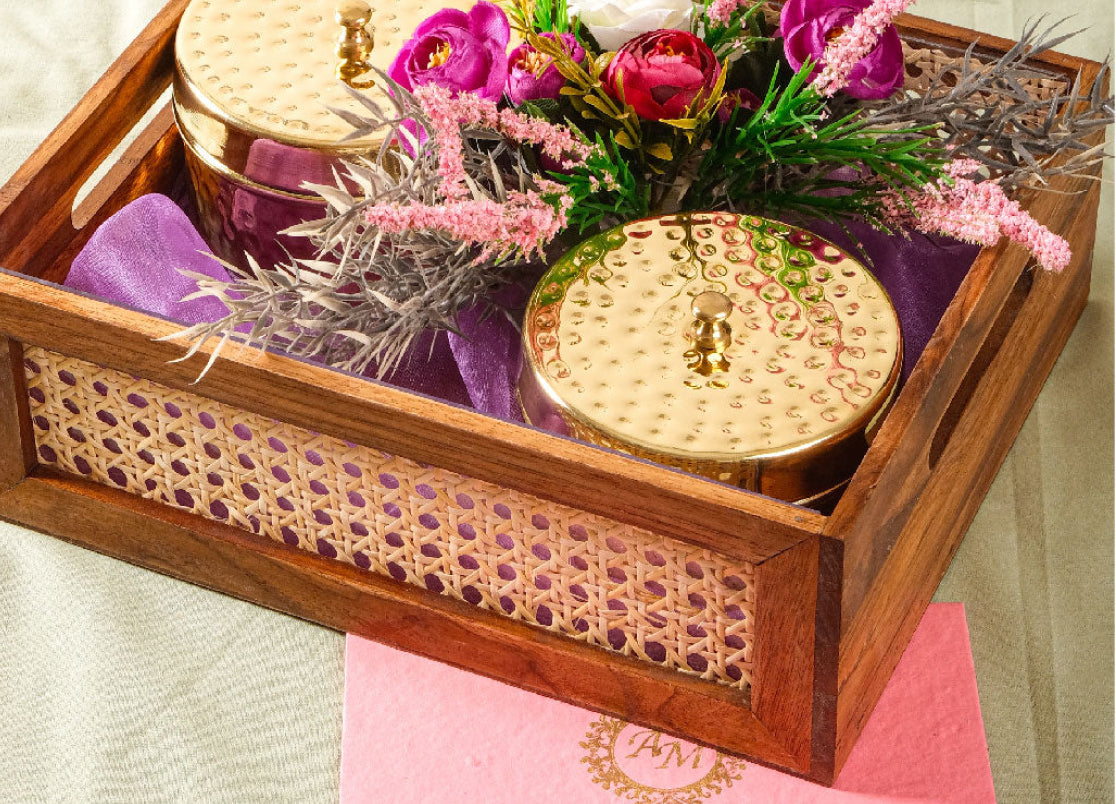Teflon Coating on kitchen utensils: Safe or Unsafe?
Ever wondered about the utensils in which the food you eat is being cooked in? Their material, their durability, their benefits and about their potential harmful effects; these are all significant questions especially in the the day and age when there is such great emphasis on building immunity and leading a healthy life. Let us help you delve a bit deeper into these questions. Generally, utensils have what is commonly known as the ‘Teflon coating’ that is assumed to be safe for cooking as long as they are not scratched or damaged. However, several factors remain hidden in this. Let's first understand what Teflon coating is.
What is Teflon coating?
or PTFE (polytetrafluoroethylene)
It is a non-stick surface applied to cookware and other items to prevent food from sticking during cooking. PTFE is a synthetic polymer with high heat and chemical resistance.
The coating is typically applied to the cookware's surface and cured at high temperatures to create a smooth, non-porous finish. This non-stick surface makes cooking more accessible with less oil or butter and simplifies cleaning, as food residues are less likely to stick. Using utensils compatible with the coating is essential to avoid any kind of scratches when being washed or potentially releasing harmful chemicals.
Did you know Teflon can release potentially harmful fumes when heated to very high temperatures? Specific side effects of this Teflon coating must be considered while buying and using utensils for cooking.
What are some side effects
of using Teflon coating utensils?
1. Fumes
When Teflon-coated cookware is overheated (above 500°F or 260°C), it can emit fumes that may be harmful if inhaled. These fumes can cause flu-like symptoms in humans and can be fatal.
2.Chipping of coating
Scratching or chipping of the Teflon coating can occur if metal utensils are used regularly, which can lead to the ingestion of small amounts of the coating. This happens with collision of ladles while mixing or handling of food and also while washing utensils. It's best to avoid using damaged cookware.
3.Degradation
Teflon coatings can degrade over time, especially with heavy use or when exposed to high temperatures. This can create a need for replacement or reapplication of the coating.
4.Environmental impact
The production and disposal of Teflon coatings can have ecological impacts due to the chemicals involved. Once cured, PTFE is considered inert and non-toxic, but the production process can release greenhouse gasses and other pollutants.

Future of Teflon coating utensils?
The future of Teflon coating for cooking utensils is somewhat still being determined due to growing concerns about the health and environmental impacts of per- and poly-fluoroalkyl substances (PFAS) used in Teflon and similar coatings. As mentioned earlier, PFAS are potentially harmful chemicals that can accumulate in the environment and the human body over time.
As a result
there is increasing interest in alternative coatings
Overall, the future of Teflon coating in cooking utensils may depend on the development of safer alternatives and consumer preferences for non-stick cookware. Some of these alternatives include the ancient wisdom of India, commonly called Kalai or tin coating. Though the tin coating needs to be redone after a few months of usage, this is much safer and has provided people with a healthy life. As mentioned in Ayurveda, brass, copper, and bronze utensils have been used in India since immemorial and have served many health benefits. Many of them require this kalai layer
It is interesting to note that high heat can damage Teflon coatings
leading to potential health risks from fumes.
On the other hand, Kalai, done on brass cooking utensils, is more resistant to high heat and can be redone with time. As discussed earlier, overheating Teflon can release potentially harmful fumes if inhaled, so using it at the recommended temperatures is essential. At the same time, kalai as a protective layer on cooking utensils is the ancient way of keeping food safe when being cooked in metals like brass and is considered safe.
It's essential to use Teflon-coated cookware responsibly, following the manufacturer's instructions, and avoiding overheating to minimise any potential risks. It is also an intelligent option to switch to cooking utensils made up of metals like brass or copper with essential minerals, thus imparting nutrients and health value to cooked food. The best part is that, in contemporary times, several shopping portals like P-Tal exist where one can find these healthier and safer alternatives.
Click here: https://ptal.in/ to explore more. These are available in a wide price range and variety that serves several purposes like frying, boiling, serving food, etc. It is definitely the time to think about one's health and enjoy the perks of modern designs meeting traditional wealth of purity. Think about it!
